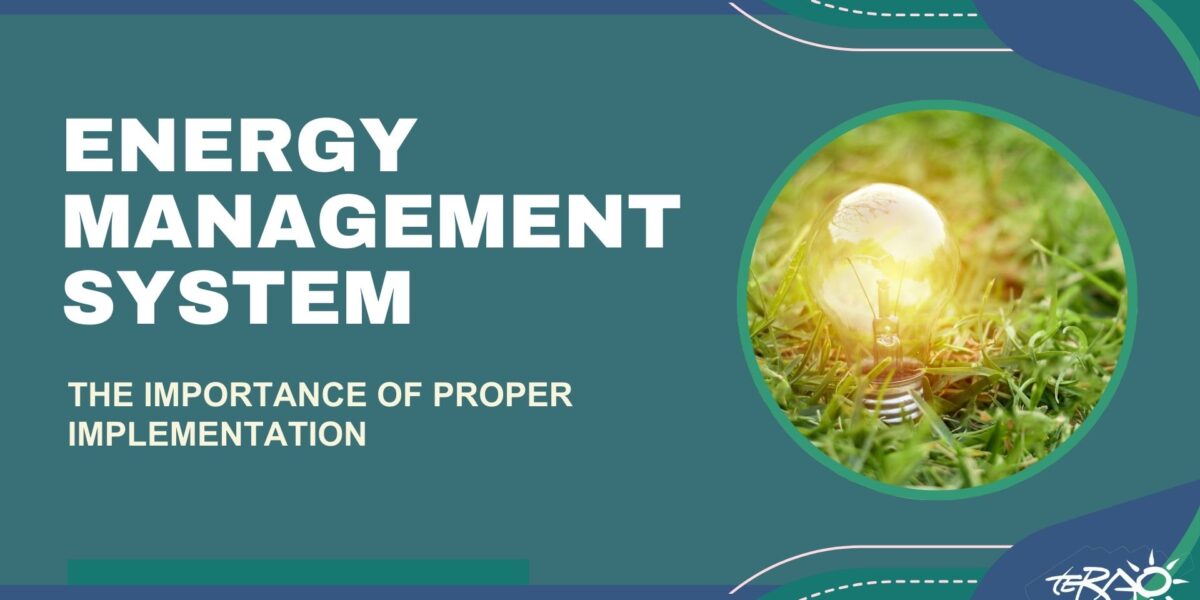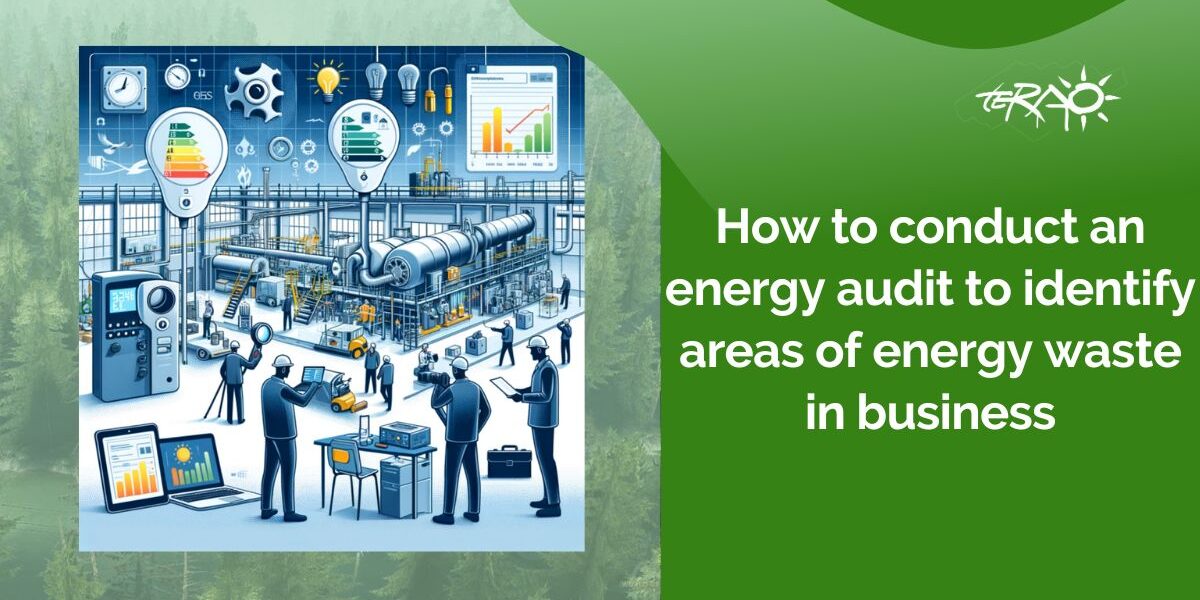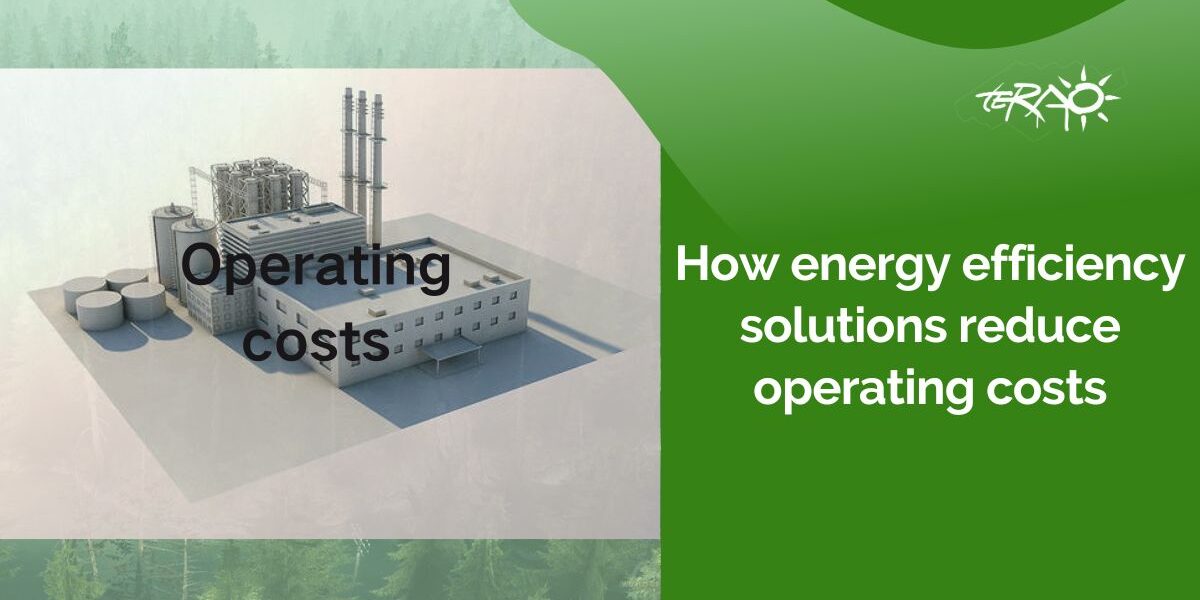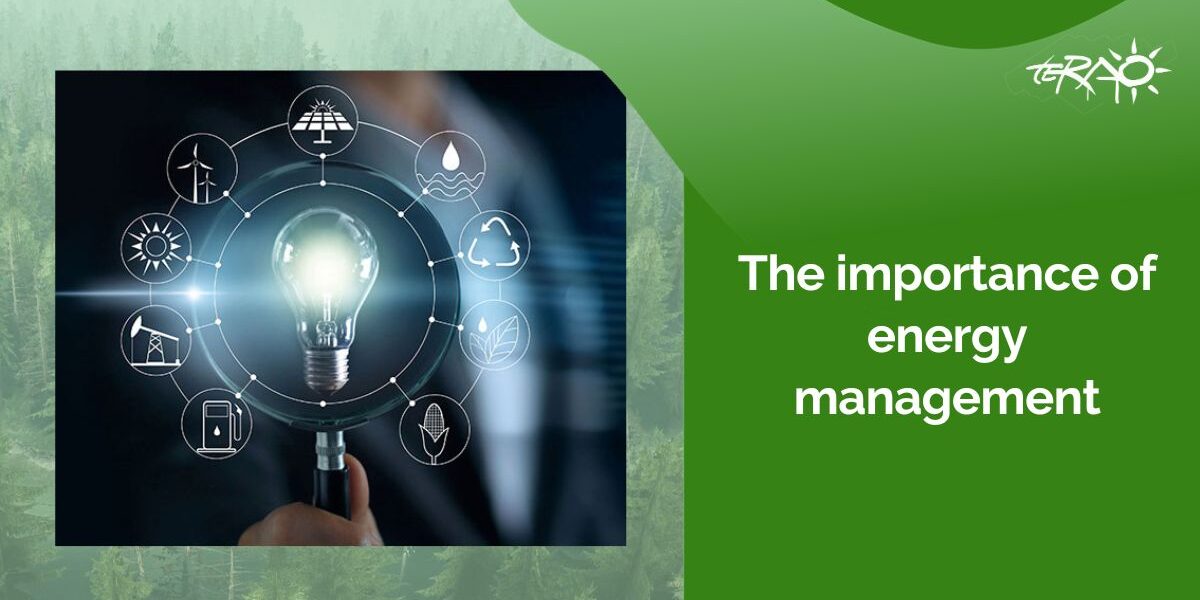Tag: iso50001
Energy management system: The importance of proper implementation
What is an Energy Management System? An energy management system is a framework designed to systematically analyze, control, and conserve energy within an organization. It encompasses various processes and technologies aimed at optimizing energy usage and reducing waste. An EnMS enables organizations to gather real-time data on energy consumption, identify inefficiencies, and implement strategies for improvement. The International Standard for
[Meet the team] – Ang Zu Rong, Project Manager at TERAO Asia
This time, we will introduce to you our very first person based in Malaysia Office – Zu Rong. He is a passionate engineer for what he does and is always keen on sharing his knowledge with colleagues. Discover more about Zu Rong in this article. Have a good read! Q1: What is your role in TERAO and since when? Zu
[Expertise] How to conduct an energy audit to identify areas of energy waste in business
An energy audit is a comprehensive evaluation of the energy consumption and performance of your business. It involves collecting and analyzing data on your energy use patterns, such as how much electricity, gas, or other fuels you use, when and where you use them, and for what purposes. It also involves inspecting your building envelope, lighting, heating, ventilation, air conditioning
[Expertise] Thermal optimization of factories
Factories consume a large amount of energy for various operations, such as heating, cooling, lighting, machinery, etc. A significant portion of this energy is wasted as heat, which not only increases the operational costs but also contributes to greenhouse gas emissions and environmental degradation. Thermal optimization can help factories to reduce their energy consumption and carbon footprint, while also enhancing
[Expertise] How energy efficiency solutions reduce operating costs
Energy efficiency is the practice of using less energy to achieve the same or better results. It can help businesses and organizations save money, reduce greenhouse gas emissions, and improve their environmental performance. Energy efficiency is important for businesses because it can lower their energy bills, enhance their reputation, and increase their productivity. According to a report by the International
[Expertise] The importance of energy management
Energy management is more than just reducing energy consumption; it encompasses the strategic planning, monitoring, and optimization of energy usage within an organization in different sectors, such as industry, transport, buildings and households. It involves a comprehensive understanding of energy flows, identifying areas of waste, and implementing measures to enhance overall efficiency. Energy is essential for human development and economic









Recent Comments